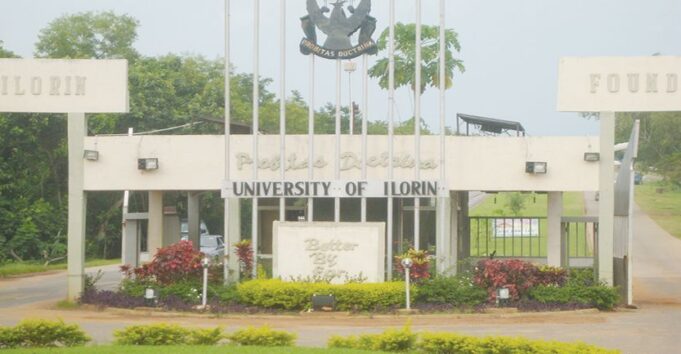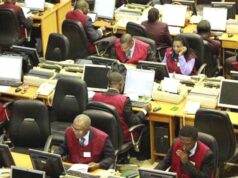The Vice Chancellor of the University of Ilorin (Unilorin), Prof. Wahab Egbewole, on Monday, expressed sadness over the havoc wreaked on the institution by heavy rainfall accompanied by windstorm.
Egbewole, who led other principal officers on a campus-wide tour to assess the level of damage done by the rain, told newsmen that he was saddened by the incident.
He however expressed relief that it occurred when students were on break following the directive of the Federal Government to shut all universities for the period of the 2023 general elections.
He stated that if not for the break, no one could predict the extent and consequences of the havoc.
The Unilorin vice-chancellor lamented that properties destroyed by the rain would have serious consequences because they would affect the activities of staff and students, especially researchers who require the internet facility for their academic work.
READ ALSO: 2 Unilorin researchers win N788m Innovate UK award
Egbewole, however, assured stakeholders that all affected facilities would be given ultimate attention, adding that their repairs and restoration will start in earnest.
On his part, the Director of Computer Services and Information Technology, Prof. Dupe Ademola-Popoola, explained that some parts of the university community would find it difficult for some days to access internet services as a result of the havoc.
She lamented that facilities worth hundreds of millions of naira were destroyed, expressing happiness that the mast did not fall on the building because some staff members were at work when the incident occurred.
The director explained that as a result of the fall of the mast, several huge access points have been destroyed, which is why some parts of the university campus would be without internet service for the time being.
“On the mast, there were several huge access points. Access points are radios that connect one point to another with the internet. All such distributing radios that were distributing wireless internet were on that mast.
“I can confirm that a number of them have been destroyed. It is not just the metal that was affected but the access points that carry, transmit, and distribute internet across the campuses,” Ademola-Popoola said.
Some of the facilities affected include the Mast of the Network Operating Centre housing several internet radios, the Chemical Engineering Lecture Theatre, and the Life Sciences Lecture Hall.
Others were the Department of Biochemical Engineering, the Computer Based Test (CBT) Centres where about 40 computers were affected, the Geology and Mineral Resources Department, electric poles, and the General Studies Division (GNS) Unit, among others.
- How Professor forced me to trade my virginity for admission – Student - February 7, 2024
- Oil price rises after Saudi Arabia production cut announcement - June 5, 2023
- Subsidy: Fuel price hits N520 in Edo, Delta - May 30, 2023










